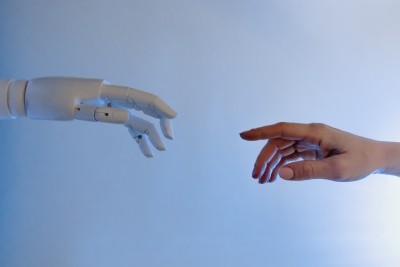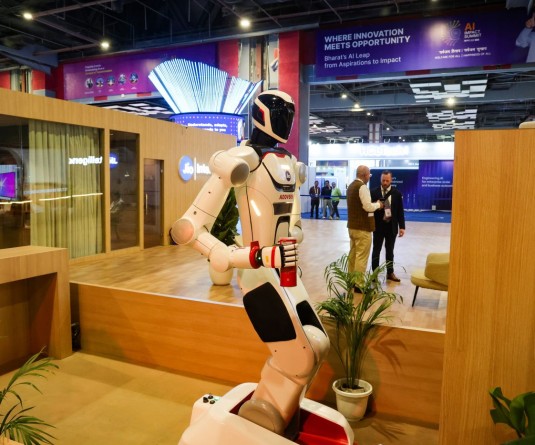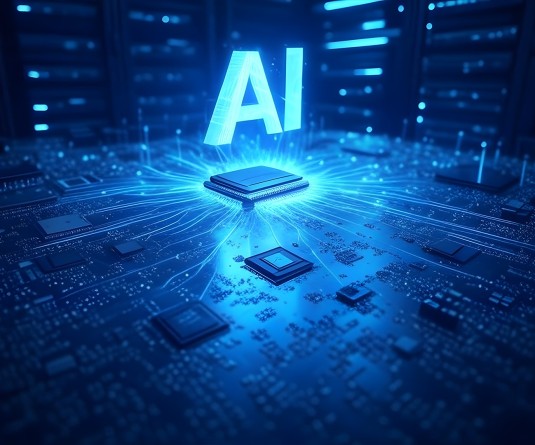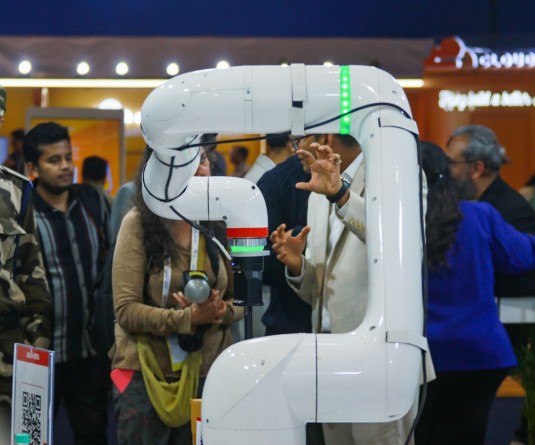IANS Photo

London, June 13 (IANS) Embodying Artificial Intelligence (AI) in robots so they can interact with the world around them and evolve like the human brain is the most likely way AI systems will develop human-like cognition, according to research.
Researchers from the University of Sheffield, UK, argued that AI systems are unlikely to resemble real brain processing no matter how large their neural networks or the datasets used to train them might become, if they remain disembodied.
Current AI systems, such as ChatGPT, use large neural networks to solve difficult problems, such as generating intelligible written text. These networks teach AI to process data in a way that is inspired by the human brain and also learn from their mistakes in order to improve and become more accurate.
However, the researchers said there are also important differences.
Human brain directly senses and acts in the world. Disembodied AIs, on the other hand, learn to recognise and generate complex patterns in data but lack a direct connection to the physical world. Therefore such AIs have no understanding or awareness of the world around them.
Further, the human brains are made up of multiple subsystems, which are organised in a specific configuration -- known as architecture -- that is similar in all vertebrate animals from fish to humans, but not in AI.
The team said that the biological intelligence -- like in the human brain -- has developed because of this specific architecture and how it has used its connections to the real world to overcome challenges, learn and improve throughout evolution.
This interaction between evolution and development is rarely factored into the design of AI, according to the study, published in the journal Science Robotics.
"ChatGPT, and other large neural network models, are exciting developments in AI which show that really hard challenges like learning the structure of human language can be solved. However, these types of AI systems are unlikely to advance to the point where they can fully think like a human brain if they continue to be designed using the same methods," said Tony Prescott, Professor of Cognitive Robotics at the varsity.
"It is much more likely that AI systems will develop human-like cognition if they are built with architectures that learn and improve in similar ways to how the human brain does, using its connections to the real world. Robotics can provide AI systems with these connections -- for example, via sensors such as cameras and microphones and actuators such as wheels and grippers. AI systems would then be able to sense the world around them and learn like the human brain," he added.
The experts noted that some recent progress in developing AIs for controlling robots has been made. For example, a powerful approach is the use of recurrent neural network models -- models composed of multiple feedback loops -- that are trained to make better predictions about what might happen next.
These models are making important progress in making robots more adaptable. However, robot AIs are still a long way from resembling real brains in terms of capturing how different brain subsystems work together as part of a broader cognitive architecture, the study suggested.






